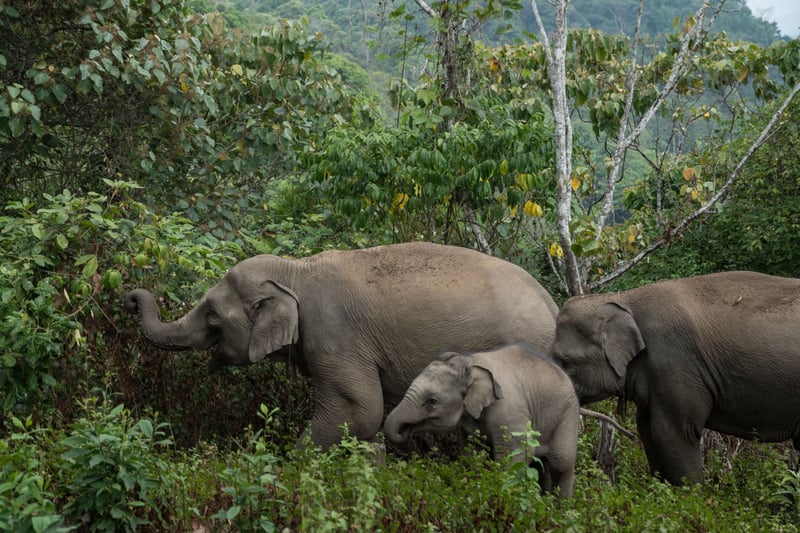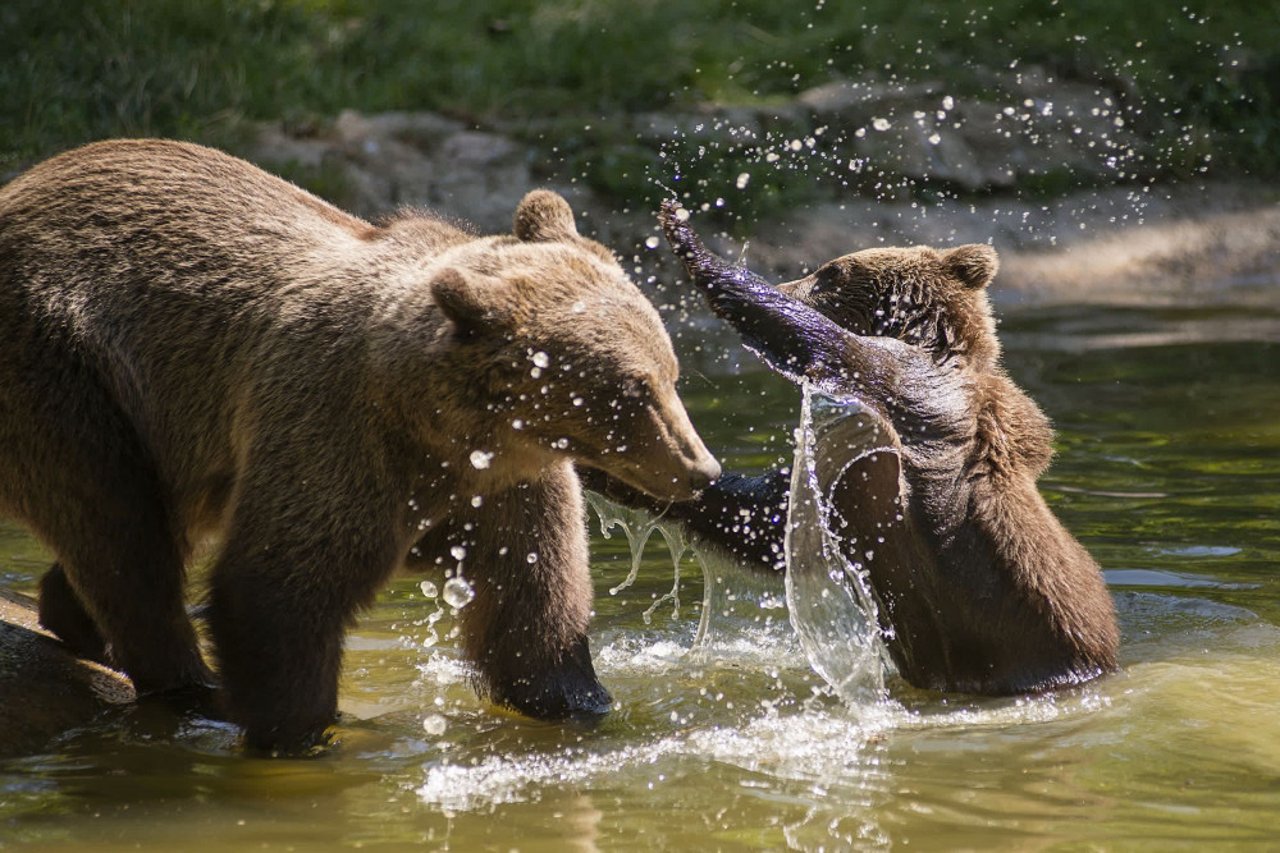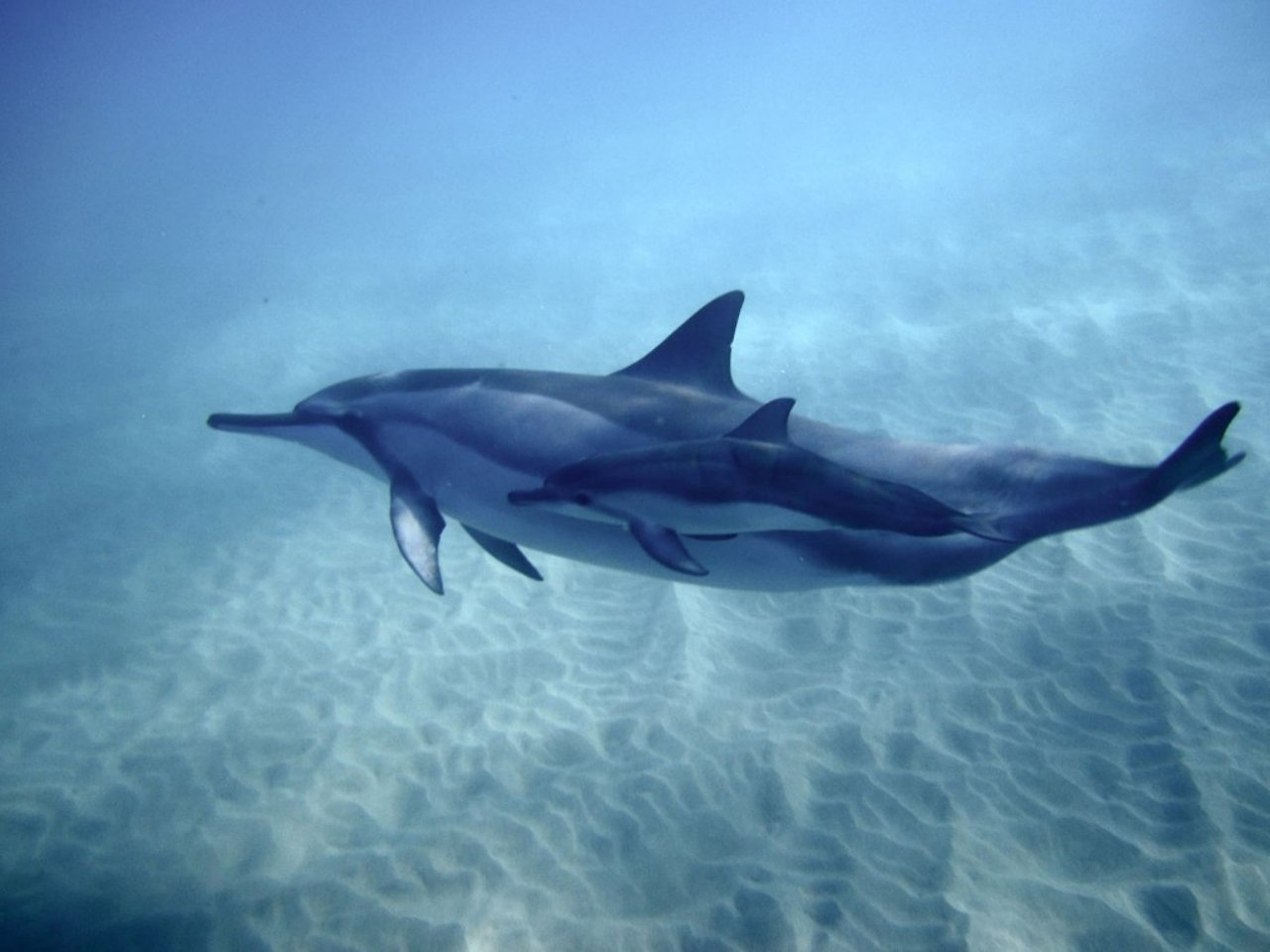
Mother knows best, naturally
News
Yes, mothers know best. No, wait, mothers ARE the best! We all need our Mums, no matter what species you’re from. So we’re showcasing some of the best and most devoted mothers from the animal world.
The Mother of all Protectors
The brown bear has a fierce reputation as one of the most protective Mums. The expression “mama bear” – when referring to a certain kind of human mother – came about for good reason.
But it’s not all teeth and six-inch claws: mother bears are also incredibly loving and nurturing. Just like their human counterparts, a mother bear’s focus is on her young – protecting them from danger and preparing them for the challenges ahead.
For such a large species, baby bears are very small (less than half a kilo), and blind, at birth. Born in winter, these tiny cubs are vulnerable in every way. For the first few months, mother bears nurse their young until they eventually emerge from their dens in spring.
The cubs will stay with their mums for about two to three years – even longer if the mother does not become pregnant again during her next breeding cycle.
This is a crucial time for cubs. They’ll learn valuable survival skills such as foraging, hunting for food, and catching fish as they watch and mimic their mother’s every move.
Like all good mums, she leads by example. And once cubs have learnt the bare necessities, they’ll be ready to venture out and make their own way in the world.
It’s in a Mother’s Nature
In human pregnancies, it’s been proven that babies develop a preference for their mother's voice in the last trimester. But, did you know that we humans are not the only species who speak to their babies in the womb?
Research indicates that dolphin mothers sing their own name to their unborn calves using what’s referred to as their “signature whistle”.
That’s right. Scientists have discovered that dolphins name themselves! Why? Well, sometimes visibility in the ocean is limited, so dolphins rely on sound to communicate. Therefore, they develop their own individual whistles (or names) to help identify themselves to other members of the pod. After all, dolphins are highly social animals who thrive in groups.
Now, back to those dolphin mums. Research has shown that dolphin mothers teach their babies their own signature whistle in the weeks leading up to the birth and for two weeks afterwards.
It’s believed this imprinting process helps the dolphin calf develop their own signature sound.
Also, some species of dolphins are such vigilant “helicopter parents” they don't even sleep for a full month after their babies are born! They're on the lookout for predators whilst ensuring their calves swim alongside them. They’re also busy teaching them how to fish and survive in the wild. Dolphin mums sometimes nurse their young for up to 10 years.
A dolphin’s maternal instincts are so strong they’ll even mentor less experienced females by allowing them to babysit as practice for when they have calves of their own. Impressive! As they say: “It takes a village…”
The Mother Load
As all mums know, motherhood’s no easy task – it means a massive workload. Especially for our canine friends who may give birth to a litter of up to a dozen pups! Once her puppies are born, the mother dog’s undivided attention is devoted to them. Pups are born blind, deaf and completely helpless. All they can do is suckle and sleep. Without their mother’s constant care, they wouldn’t survive. She provides them with milk, keeps them warm, and protects them from potential danger. Nature ensures that even first-time mums know instinctively what to do. And these skills only improve with experience. Also, for the nursing mother dog, the sight, smell and touch of her pups activates the release of various hormones, including the so-called “cuddle hormone” oxytocin. That’s the same natural chemical that promotes the close bond between human mums and their babies. The first 10 days are critical to a pup’s development. Aside from providing the necessary sustenance, the new mums will carry out regular grooming to stimulate and clean the pups but also to promote bonding and help their nervous systems to mature. Following this neonatal period, the pups’ eyes open and they experience the wonders of the world for the first time. The second and third week is a time of rapid learning and the mother dog remains super-attentive. Weeks three through to twelve is the all-important socialisation period. That’s when mum really has her work cut out for her as the puppies become more active, exploratory, and independent. Beyond feeding and cleaning, she also has to break up fights and wrangle wandering pups back into a safe perimeter. Sound familiar?
So many different animal species around the world – especially other mammals such as elephants, orangutans, pigs, cows, and seals – make the most devoted mothers. Often sacrificing their own needs, wants, and wellbeing to provide for and protect their young.
Love your Mum? Check out some last-minute Mother’s Day gift ideas that help animals as well.
Did you know that we humans are not the only species who speak to their babies in the womb?

